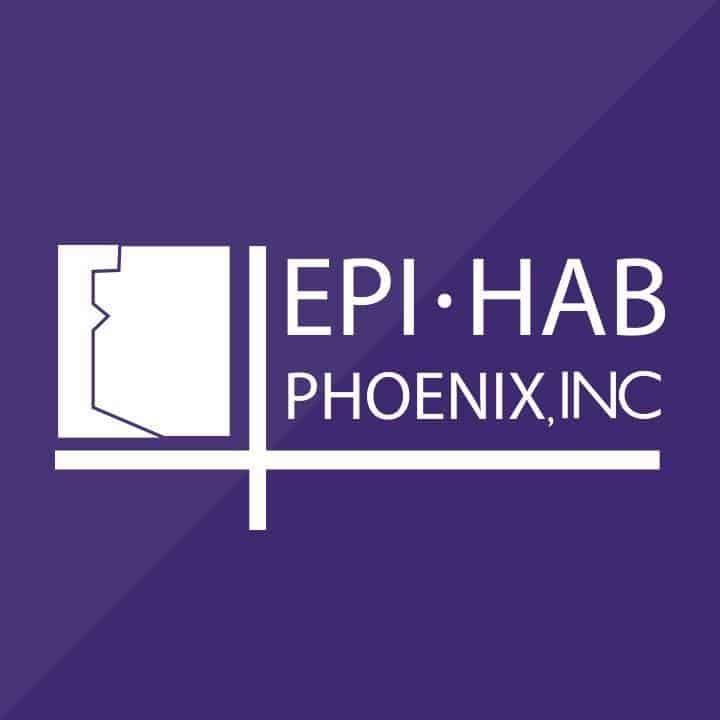Epi-Hab Phoenix, Inc. is a 60+ year old, self-sufficient, not-for-profit company. Our mission is to provide meaningful employment for individuals with epilepsy and other disabilities by performing meaningful work for area businesses in a safe and enjoyable environment.
March is Developmental Disabilities Awareness month and a great time to shine light on how to create a more inclusive and diverse work environment that embraces people with developmental disabilities. Developmental Disabilities is an umbrella term used to describe a variety of impairments in learning and behavior, such as autism, attention-deficit/hyperactivity disorder, and impairments in physical and/or intellectual functioning such as cerebral palsy, spina bifida, or Down Syndrome. At Epi-Hab we believe that it is important to include people with disabilities in all areas of life, and that every person should be treated fairly and respectfully while we embrace the differences that make us unique. At Epi-Hab we look for the ability, and not the disability. There is no such phrase as “less than.” As an advocate for those with disabilities, we want to share our top tips for creating a diverse workplace for those with developmental disabilities.
- Treat them as you would anyone else
Positivity and encouragement in the workplace goes a long way toward increasing productivity and camaraderie between employees. Ask them their thoughts and allow them to answer with ample time to respond. No one likes to feel like words were put into their mouth or that they are being talked down to! - Discover how you can accommodate them beforehand
During the interview process consider doing a job audition, which allows for an open dialogue about accommodations. Before hiring, find out how you can best accommodate them in the workplace and ask if there is anything you can provide them with to do their job to the best of their ability. - Do not assume they need help
If you notice a situation where someone could use a helping hand, before jumping in to help, always ask first if they would like assistance. It can be demeaning if you assume they need help and act on it, especially if they feel like they have it under control. - Set clear expectations
Many people with developmental disabilities do better in a situation where they know ahead of time what will happen and what is expected of them. As you outline the expected procedures and tasks, be sure to describe to the best of your ability what they will be starting with, and if possible the next one or two steps that will follow after. Breaking down larger tasks into smaller, achievable steps toward a goal is helpful in order to prevent one from being overwhelmed or becoming frustrated. One thing to remember is that there is often more than one right way to do something. Exploring the options is part of inclusion. - Learn what it actually means to truly be inclusive
There is a vast difference in our society between inclusivity and integration. To be truly inclusive, we need to ensure that we create a work environment that is just as welcoming, comforting, accommodating, and safe for those who are typically abled as well as for those with developmental disabilities. Since those with developmental disabilities will have different involuntary needs that cannot always be anticipated ahead of time, unique accommodations will need to be made through the use of open communication, and the provision of resources, space and attitudes to move past integration and into inclusion.
Building an inclusive workplace for those with developmental disabilities will improve overall morale and workplace culture for employees both with and without disabilities as it sends an important message about your company’s values and work place culture. As you go about your week we invite you to think about the question: if you had a disability, how would you want to be included in a world that better accommodates people who do not have disabilities?
Connect with Epi-Hab on social media!
Facebook: https://www.facebook.com/EpiHabPhoenixInc/
Instagram: https://www.instagram.com/epihabphoenix/
LinkedIn: https://www.linkedin.com/company/epi-hab-phoenix-inc


